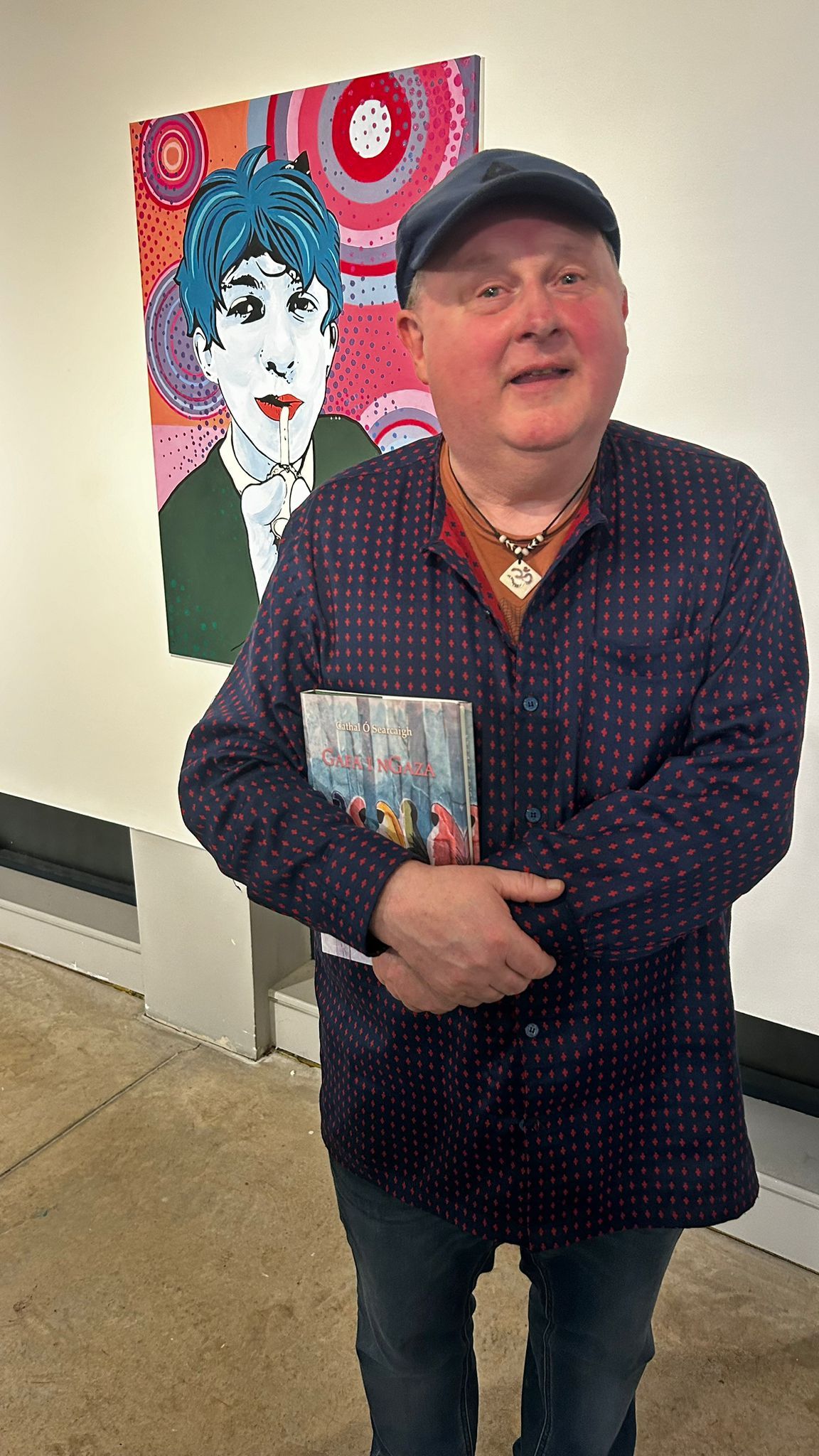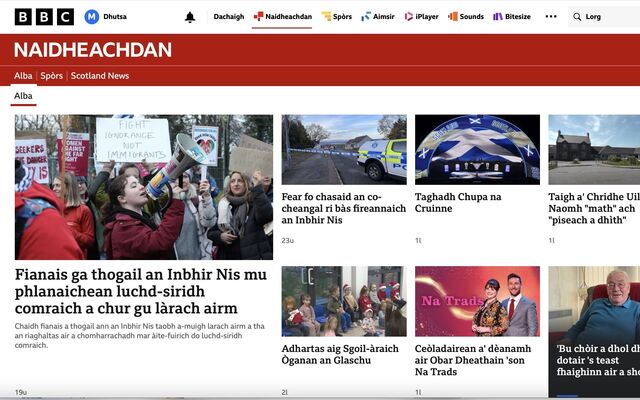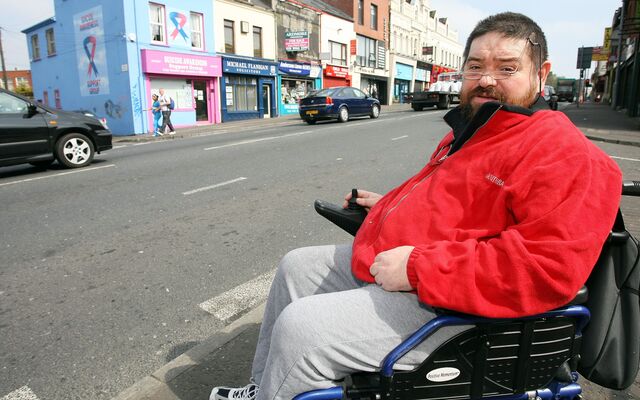Ulster's pre-eminent Irish language poet Cathal Ó Searcaigh says his latest anthology 'Gafa i nGaza' is his response to Israel's war on the beleaguered Palestinian people.
"It's the only tool I have," he said, in Irish, at the launch of 'Gafa i nGaza' at An Chultúrlann on Tuesday past. "I wasn't able to do anything else but it was important for me that artists shouldn't be silent in the face of this horror."
Though living thousands of miles from Gaza in the shadow of the Errigal mountain in Co Donegal, Cathal felt personally touched by the suffering of the Palestinian people as a result of lifelong friendships with some of Palestine's most famed poets. "I felt I had a duty to speak out," he said. "With 'Gafa i nGaza', I was able to show both sympathy and solidarity for the people of Gaza who are being slaughtered," he said, adding: "To paraphrase one famed author, 'while books may not defeat evil, they may us to deal better with it'."
The return to Belfast to launch his latest collection continues the warm relationship between the city's Irish language community and "gurú na gcno" who launched his first anthology 'Súile Shuibhne' in the old Ard Scoil in 1984.
Also attending the book launch was Cló Iar-Chonnacht founder and author Micheál Ó Conghaile who presented his latest collection 'Lámha Bána agus Dánta Eile'. He was reminded at the event that 30 years ago, almost to the day, he had responded to a loyalist bomb attack on the Sinn Féin offices in Sevastopol Street — which destroyed hundreds of books in the adjacent Falls Library — by dispatching one copy of every title he had published to Belfast library service chiefs.
Published by Cló Iar-Chonnacht, 'Gafa i nGaza' is available from the Cultúrlann bookshop An Ceathrú Póilí.

The poem below is from the anthology:
Gaza - Nollaig 2023
Chan Réalt úd an Eolais
a lasann an spéir
ach pléascán an áir
Chan Aingle an Tiarna
a thig le dea-scéal
ach eitealáin chogaidh.
Chan seo na Trí Ríthe
ag teacht lena dtíolachthaí
ach Gorta, Pláigh agus Bás.
Chan Leanbhán an Áidh
a shoilsíonn ón chliabhán
ach corn fuilteach ár nDóchais.








